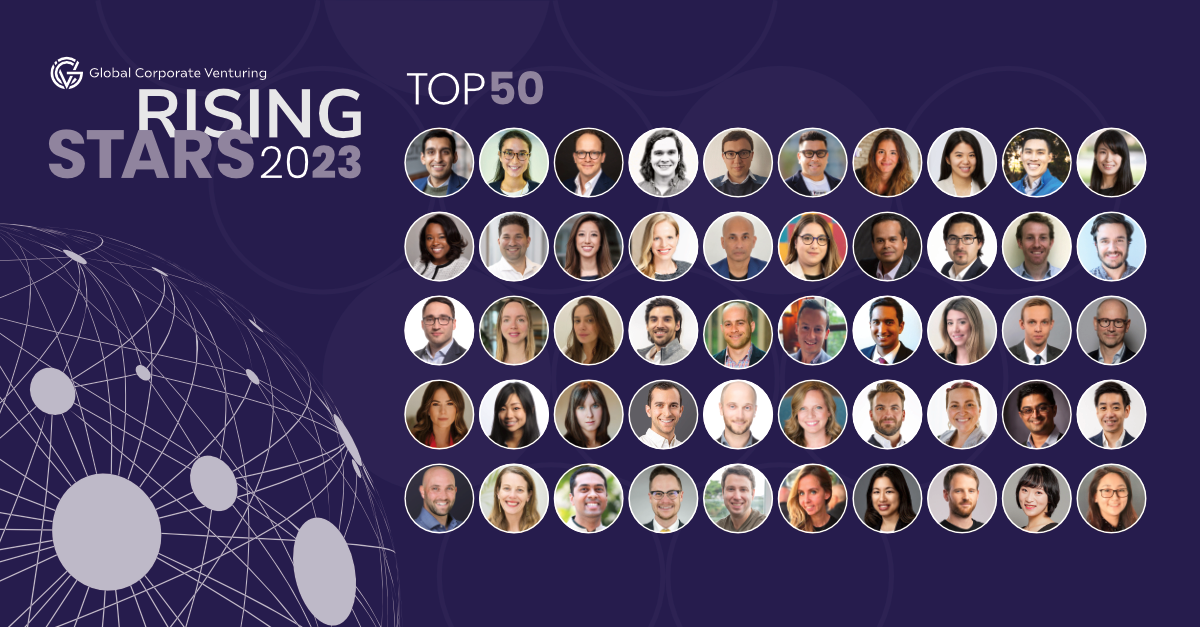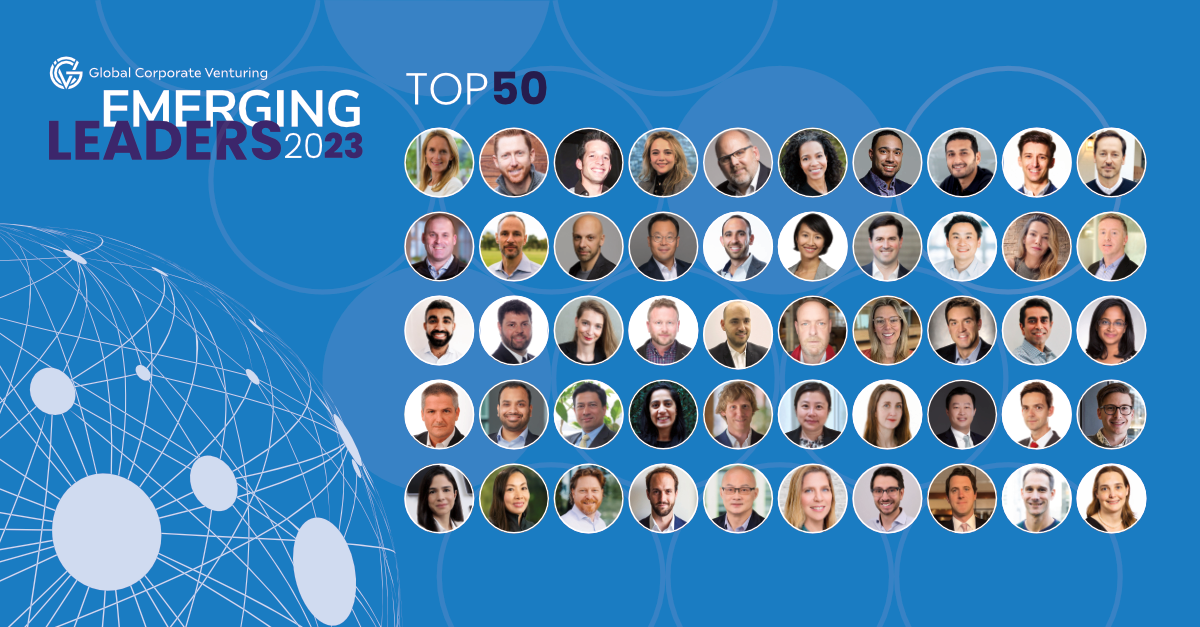Corporate investors increasingly come from an entrepreneurship background or have deep operational expertise in their sector.
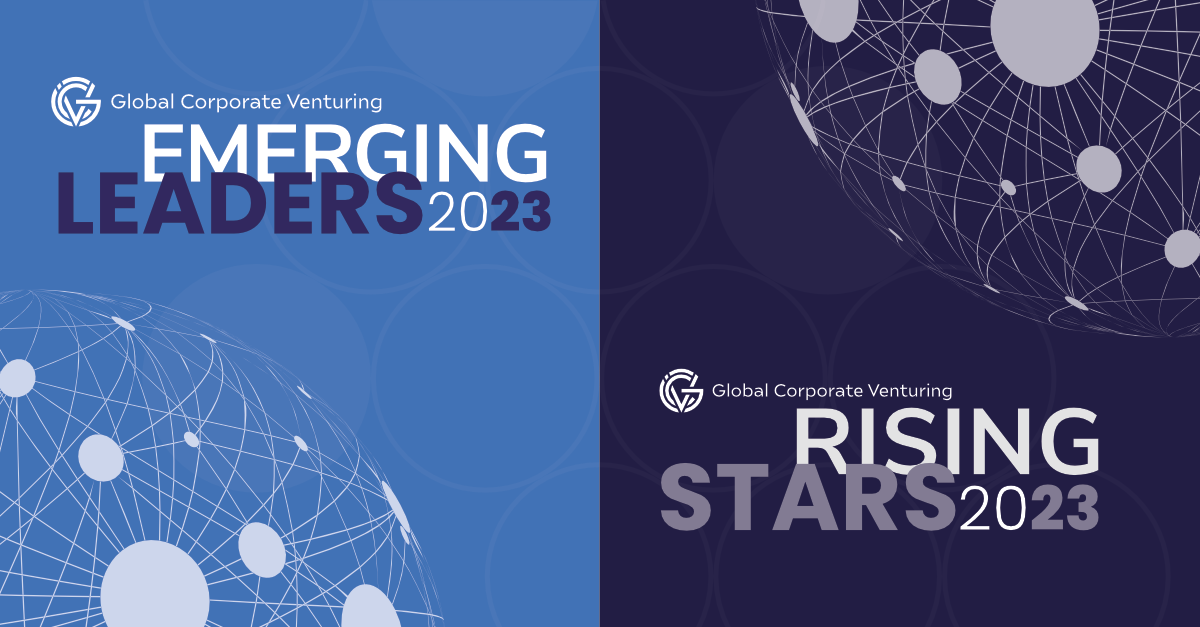
By the time she was in her mid-20s, Esther Eller had already founded several fintech and legal tech startups. It was this that started her on a career path that went on to take her to Columbia and MIT business schools and eventually a career in corporate investing.
Now at Avanta Ventures, the innovation arm of insurer CSAA, Eller says her early experiences as a founder have given her a passion for trying to support early-stage startups — especially those run by women or minority founders.
“I embarked on this journey, because I want to make funds available to under-represented people,” says Eller. “I’m a strong believer in diversity and inclusion because I lived it. I was a minority female founder when I was in my 20s and I had to get very creative on how I raised money.”
Like many of the up-and-coming corporate investors we have profiled in our list this year of Rising Stars and Emerging Leaders in CVC, Eller sees corporate investing as having big, untapped potential for the startup ecosystem.

She is also typical of a growing number of corporate investors who are coming into corporate investing after being entrepreneurs themselves. When we put together our Rising Stars and Emerging Leaders lists this year, we saw a clear pattern — at least a fifth of all those on these lists have either been a cofounder of a startup or been an early-stage startup employee.
The most common path into corporate venture is still via financial investment or business analyst route. Business school, maybe an MBA, followed by a stint as an analyst or junior at an investment bank, before moving to a corporate venture unit.
But former entrepreneurs say their startup background can give them an advantage.
“I do think that it has made me a better investor having that lens of having been on the other side,” says Daniel Wypler, who set up one of Australia’s early wave of fintech companies before moving into investing.
Sometimes it is simply about how to relate to startups. Gayathri Radhakrishnan, partner at Hitachi Ventures, worked with several startups before moving into corporate investing. She knows, first hand, how confusing it can be for a startup when it starts dealing with a corporate partner.
“Having been an investor in the past, and then having been with three different startups throughout my career, I can relate. When you are a founder, sometimes you do not know where the investor is coming from,” Radhakrishnan says. “You need to build that relationship of trust.”

Having been a cash-strapped entrepreneur also gives an investor a sense of how to make the most of budgets.
“I launched my first startup while majoring in entrepreneurship and management information systems with honours. My startup showed me in real time the power of being a great ‘bootstrapper’ as an entrepreneur while having venture capital support,” says Kai Daniels, senior associate at GM Ventures.
Former entrepreneurs also have an insider’s insight into the things that cause startups to fail. They may do their due diligence in a different way. Eller, for example, always looks closely at the team dynamics of the startups she is evaluating.
“I ask questions around how the founding team got together to understand how “sticky” they will be,” she says. “Because 95% of the time startups fail because cofounders start fighting with each other.”
Former entrepreneurs can also be good at helping change the culture at parent companies, for example, by setting up internal innovation programmes.
Ginger Rothrock, senior director at HG Ventures, the investment arm of advanced materials producer The Heritage Group, was the cofounder of a biopharmaceuticals company, Liquidia.
One of the big innovations Rothrock helped bring to The Heritage Group is introducing a programme called Concept to Commerce, which gives employees from different departments the chance to learn about an entrepreneurial mindset with help from HG Ventures’ portfolio companies.
Industry insiders
Another trend we have seen in the Rising Stars and Emerging Leaders lists is that many corporate investors come to the profession with deep industry background. This is particularly apparent among pharamceuticals investors, where having a PhD and a background in running labs are the norm.
Nandita Shangari, for example, is a long-time Novartis staffer who worked on Kymriah, a CAR-T cell therapy for leukaemia, before transitioning to the corporate venture side. She believes that her previous operational experience shapes the way she looks at the startups who pitch to her. Not being focused on a single target, for example, is a big red flag for her, given what she knows about the effort and single-mindedness needed to bring a drug to market.
“A lot of people come into CVC without doing any operational work before. If you have operational experience, you are a much better investor,” she says.
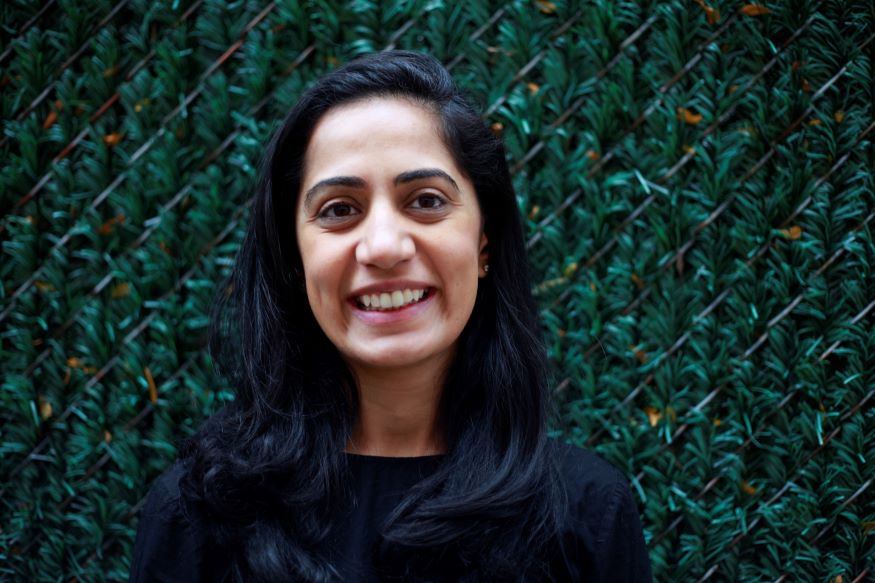
Vivian Golfin, senior associate at Intuitive Ventures, the investment arm of the surgical equipment maker, says her background in medicine is a big asset in her role. “Having real life experience understanding not only how a product will eventually function, but also where it will fit into the patient journey and the potential impact it could have not only on patients but on all the other stakeholders that may touch it,” she says.
We are also seeing this trend outside healthcare. Joseph Tenbusch, for example, came into CVC at Magna Technology Ventures only a year ago. But he is an engineer with a long career in the automotive industry.
In areas like construction and transport, for example, investors who have operational experience are often good at building relationships with corporate business divisions. It’s not easy to convince a business unit to try a risky joint project with an unknown startup. The proposal is likely to be better received when it comes from someone who knows the industry well.
“If you are working for a CVC with a strategic focus, I would highly recommend getting first-hand experience in that industry. You need to be able to show that you really understand the projects and how a technology can impact the business. It helps you earn the trust of the business units,” says Ramy Fam, who worked in the construction sector in Canada and Egypt before transitioning to investing.
Investors with an operational background can also be highly valued by startups, says Tom Williams, vice president of business development at National Grid Partners. Startups often need someone to guide them through the complexities of working with a large corporation. Working with a large utility, in particular, can be overwhelming for a small startup.
“Utilities are notoriously difficult to penetrate,” he says. “They are unionised, they are old school, they make money in bizarre ways no one understands. The entrepreneur comes in and cannot fathom why they do not want to pick up their technology.

“Having a set of utility DNA people who are also on the side of the entrepreneur has proven incredibly valuable to our startups in getting them to understand how to pitch their products and services, so they understand how to actually land with these utilities,” says Williams.
Atypical routes
A few of our Rising Stars and Emerging Leaders had particularly atypical backgrounds. Laura Atterwill, head of platform at Fidelity International Strategic Ventures, for example, was in people and HR before moving into investing.
“That has equipped me in surprising ways because it took me a while to understand the applicability of my own experience,” she says. But given that a large part of investing is being able to read people — every investor will always tell you they “invest in teams rather than technology” — an HR background is not a big stretch.
Madelyn Rutter, director of collaboration, TechNexus Venture Collaborative, on the other hand, came to corporate investing after working in consumer research at Kantar. It helps her bring a strong feeling for product-market fit to the startups she works with.
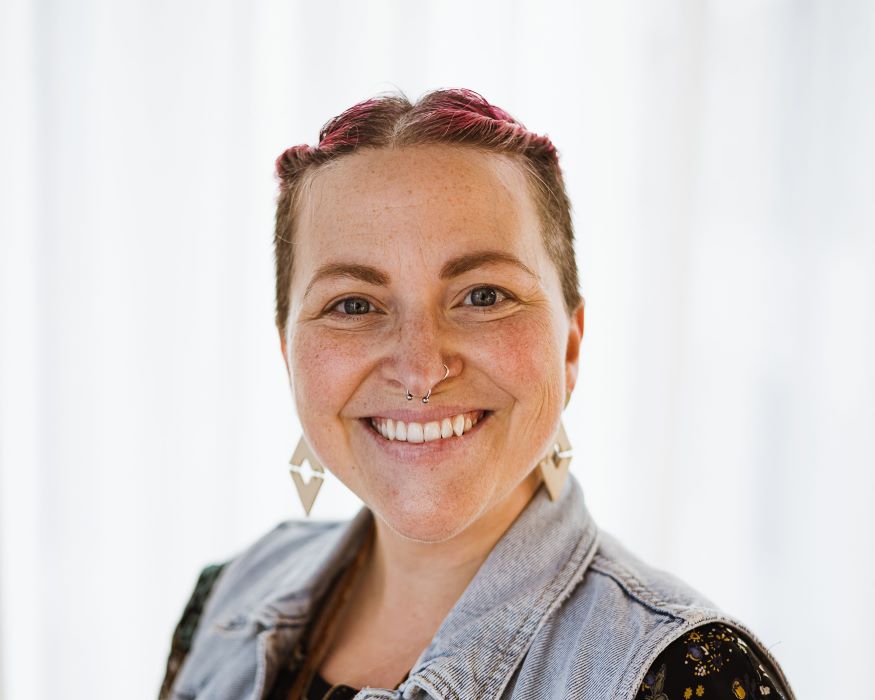
“Spotting that a company is solving a burning problem is huge for me – really knowing if someone is going to use this, if someone is going to pay for this,” she says.
There are a number of even more varied backgrounds on our list. Michael Morgan, senior associate at Merck’s Global Health Innovation Fund, on the other hand, once taught maths at a middle school in the Bronx, while AJ Bertone was a member of the armed forces before joining In-Q-Tel. Neither is likely to be fazed by a tough board meeting after the rigours of their former occupations.
Corporate investors repeatedly tell us that every CVC unit is different, with many variations of structure, funding arrangement and investment focus. And our Rising Stars and Emerging Leaders lists show there is no one-size-fits-all for corporate investors either.

Maija Palmer
Maija Palmer is editor of Global Venturing and puts together the weekly email newsletter (sign up here for free).


